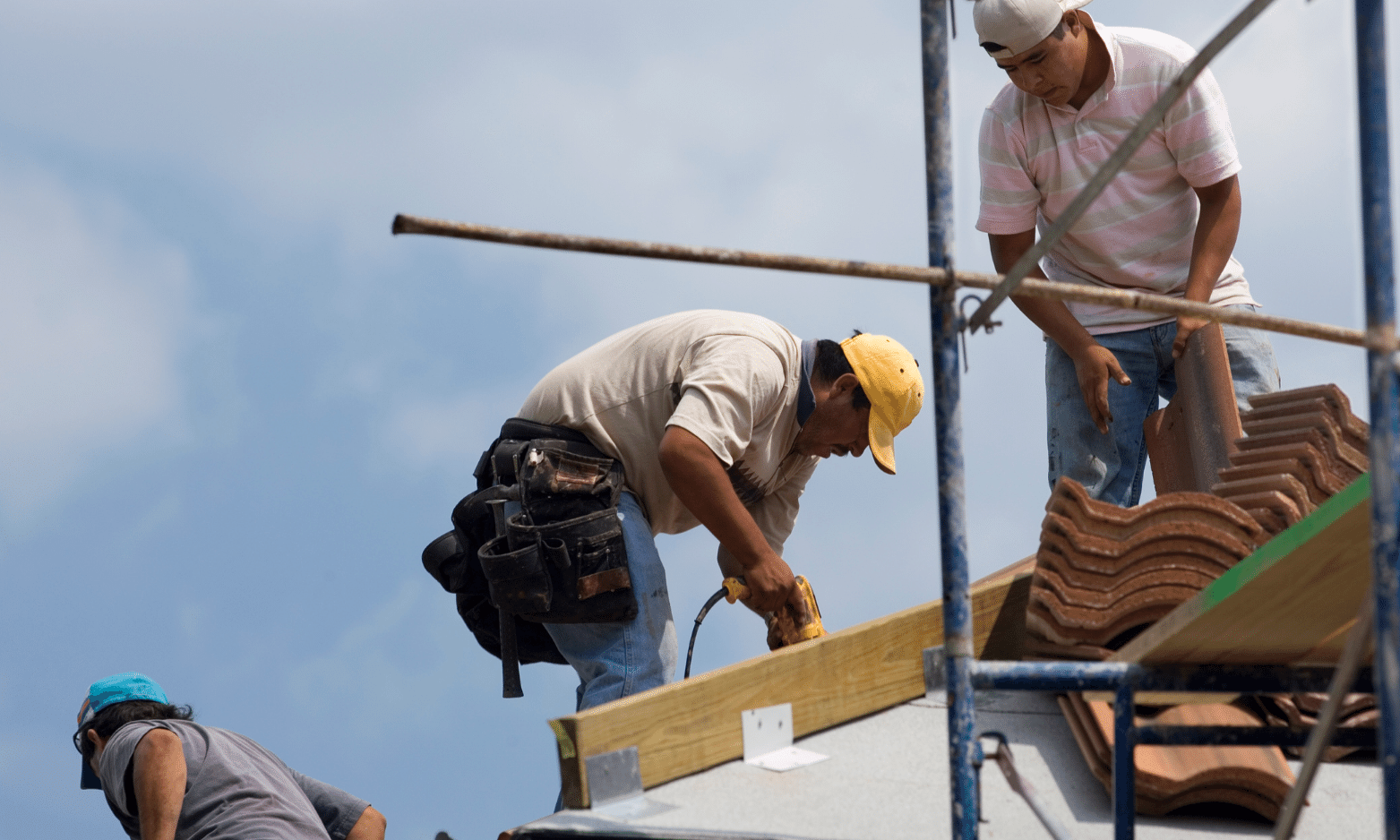
Trusted Oklahoma Attorneys to Resolve Construction & Remodel Disputes
Whether it's delays, defects, cost overruns, or contractual disagreements, navigating construction and remodel disputes can be complex and frustrating. At Downtown Legal, we specialize in providing expert legal guidance to clients helping them resolve disputes and protect their interests.
Proven Track Record
Client Centered Approach
Specialized Expertise
Our Construction and Remodel Dispute Services
Contract Review and Negotiation: We can review your construction or remodel contract to ensure that your rights and interests are protected. If disputes arise during the project, we'll negotiate with the other parties involved to seek a resolution that meets your needs.
Dispute Resolution: Whether through negotiation, mediation, or litigation, we'll pursue the most effective means of resolving your construction or remodel dispute. Our goal is to achieve a favorable outcome that minimizes disruption to your project and preserves your investment.
Claims for Defective Work or Delays: If you've experienced defective workmanship, delays, or other issues with your construction or remodeling project, we can help you pursue compensation for your losses. We'll advocate on your behalf to hold the responsible parties accountable and seek fair compensation for your damages.
Construction & Remodel FAQs
-
Construction law encompasses legal issues related to the construction process, including contracts, permits, zoning regulations, building codes, disputes, and liability issues. It governs the rights and responsibilities of parties involved in construction projects, such as property owners, contractors, subcontractors, architects, and suppliers.
-
Yes, having a written contract is essential for any construction or remodel project, regardless of size. A well-drafted contract outlines the scope of work, project timeline, payment terms, responsibilities of each party, dispute resolution mechanisms, and other important details. A contract helps protect your interests and provides legal recourse in case of disputes.
-
If you discover defects in the construction or remodel work, promptly notify the contractor or responsible party in writing. Document the defects with photographs or written descriptions and request that the issues be corrected. If the contractor fails to address the defects, you may need to seek legal assistance to enforce your rights and pursue remedies such as repairs, compensation, or termination of the contract.
-
To protect yourself from liability for defective work or construction defects, it's crucial to adhere to industry standards and best practices in your construction work. Conduct regular quality inspections, address any issues promptly, and maintain thorough documentation of all work performed. Consider obtaining liability insurance and including limitation of liability clauses in your contracts to help mitigate potential risks.
-
Delays are common in construction projects and can result from various factors such as weather, material shortages, design changes, or contractor negligence. If your project is delayed, review your contract to determine whether there are provisions addressing delays, extensions of time, or liquidated damages. Communicate with the contractor to address the reasons for the delay and work towards a resolution. If necessary, seek legal advice to protect your rights and interests.
-
The permits required for a construction or remodel project depend on the scope of work and local building regulations. Common permits may include building permits, electrical permits, plumbing permits, and mechanical permits. It's essential to check with your local building department or consult with a legal professional to ensure compliance with permit requirements.
As a contractor, it's your responsibility to ensure that all necessary permits are obtained before starting construction work. This includes building permits, electrical permits, plumbing permits, and any other permits required by local building authorities. Failing to obtain proper permits can result in fines, project delays, or even legal action
-
If you encounter a dispute with your contractor or subcontractor, attempt to resolve the issue through negotiation or mediation first. Review your contract for dispute resolution procedures and follow any specified steps for resolving disputes. If the dispute cannot be resolved amicably, you may need to consider legal action such as arbitration or litigation to protect your rights and seek remedies.
-
Homeowners and property owners have legal protections under state laws and regulations governing construction projects. These protections may include rights to quality workmanship, adherence to building codes and regulations, warranties for construction work, and remedies for breach of contract or negligence. It's advisable to familiarize yourself with your legal rights and obligations before undertaking a construction or remodel project.
-
If a client refuses to pay for completed work, carefully review the terms of your contract and document the work performed. Attempt to resolve the payment dispute through negotiation or mediation first. If the issue cannot be resolved amicably, you may need to consider legal action such as filing a mechanics lien or pursuing a breach of contract claim to recover payment.
-
When entering into contracts with subcontractors or suppliers, it's important to clearly define the terms of the agreement, including scope of work, payment terms, deadlines, and dispute resolution procedures. Be sure to vet subcontractors and suppliers thoroughly to ensure they are reputable and capable of fulfilling their obligations. Additionally, consider including indemnification and hold harmless clauses in your contracts to mitigate potential liability risks.
-
If you encounter a dispute with a client during a construction project, attempt to resolve the issue through open communication and negotiation. Review the terms of your contract to determine your rights and obligations, and consider engaging in alternative dispute resolution methods such as mediation or arbitration. If necessary, seek legal advice to protect your interests and pursue remedies available under the law.


